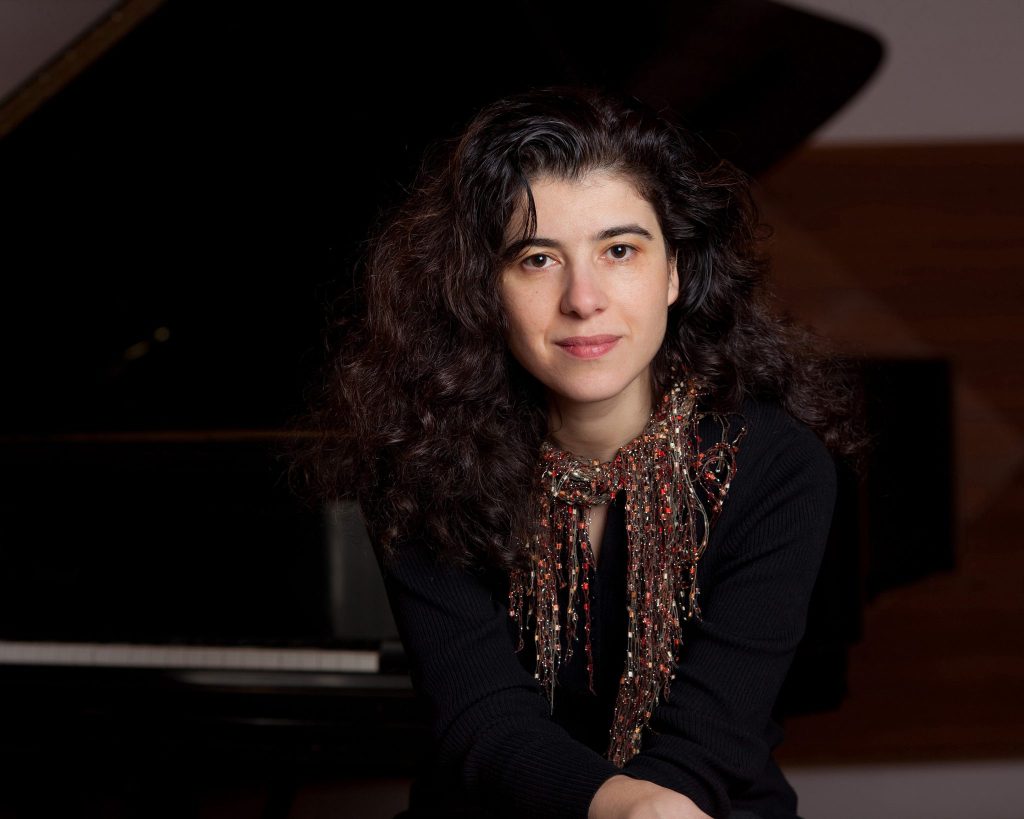
by Stephen Kaye
The Penderecki String Quartet was the second group in a row to come to Music Mountain from Canada. This well-established group, formed in Poland in 1986 is in residence at Wilfrid Laurier University in Ontario. They have toured the world, and most recently they have taught at universities: Indiana, Beijing, UCLA, and Vancouver. Like the original members (who have now retired), the present members are all from Poland; they have maintained that high level of performance expected from an internationally known touring group.
Their selection of an early Haydn, early Prokofiev, and late Elgar program likely had an instructional element, which was up to the audience to figure out. Opus 20, No. 2 by Franz Joseph Haydn was one of six early quartets in which Haydn forged his understanding of what a quartet of four string players might accomplish. He laid the foundation for all subsequent quartet composers. No. 2, nicknamed the “Sun,” opens with a jaunty pace and develops on Baroque lines with rich counterpoint. But that is form. The substance is looser than traditional Baroque composition as it introduces intimate conversations, brief at first, but then developing with a cascade of lyrical forms. This work was played with a bright, expansive voice. They perforemed with bold confidence, quickly engaging their audience.

String Quartet No. ! in B Minor, Op. 50 (1930) by Sergei Prokofiev was written in the Urals as an evacuee from St. Petersburg in the early years of WWII. During the war, the orthodoxy of strict socialist realism was suspended temporarily. Sergei came across local peasants and incorporated their tunes into this piece. The folk songs were interrupted by what was happening around him—the uncertainty of daily life, the question of survival, and the agony of not knowing what had happened to relatives or friends. There is something forlorn in this music, something close to breakup, a loneliness, a profound feeling of isolation. It is expressive and compelling. The audience gave it a standing ovation.

Piano Quintet by Edward Elgar was completed in 1919. He described it, saying it “runs gigantically and in a large mood.” It has orchestral elements that trail the string quartet form with piano. It is generally pleasing, with opportunities for robust playing with decisive statements from the piano played by Russian-trained Anya Alexeyev. She was slightly strident for a well-mannered English composition, yet she played with Slavic Poles who could use slight Russian bullying. Despite the Polish-Russian aesthetic, the work retained a quintessentially English ambiance with a Polish-Russian accent. It was a treat. This work isn’t played often; it certainly isn’t often played quite the way we heard it, which is one of the prime reasons one attends a concert at Music Mountain—this was a showcase of how real talent can take a piece and transform it, making it into something special.
